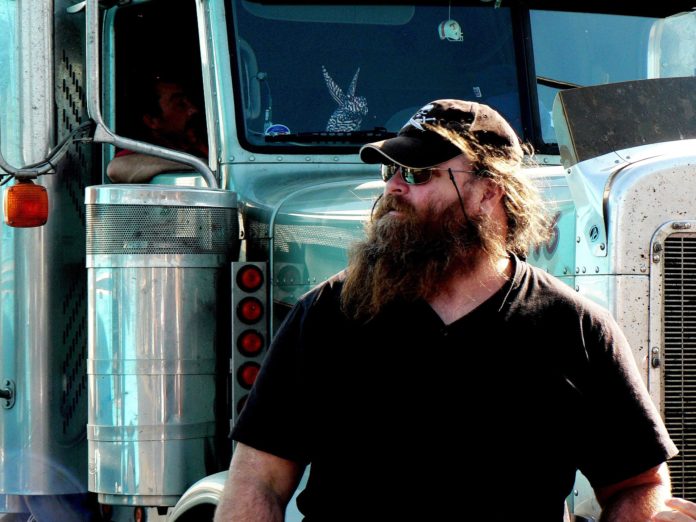You’re planning your future when you sign up for CDL training school, but what does that look like? What kind of jobs can you apply to and what would be best suited for your career path?
There are a host of opportunities that could arise, particularly if you select the right training school. With 50 years of experience, plus our commitment to small class size, on-site real-world training, and hiring resources, West Coast Training may be just the place for you to get your foot in the door.
So, what kind of jobs can we help prepare you for when you attend our 160 hour training program?
Once you’ve completed your CDL training, you’re going to be raring to get right in the market for a job. Most jobs will require at least one year of experience, so it might seem extremely difficult for some to land that position if they’re applying just out of school.
However, when you select a school, such as West Coast Training, we will work with you to find a job, no matter what industry you’re looking to get your foot in the door.
Team Driving Jobs
If you’re looking to drive a truck, entry level drivers usually start as part of a team before moving on to solo driving jobs. Like any job, you must prove that you’re proficient and skilled at the position you were hired to perform.
Team driving jobs, while maybe not your first choice, do come with benefits. Having a co-driver means that you are able to effectively run more miles than a solo driver, enhancing your financial opportunities. Proper time and job-management is possible, enabling more rest and a healthier mind and body.
Solo Driving Jobs
Solo driving jobs may give you the opportunity to work on your own schedule. Solo drivers are responsible for their own success and time management. However, these roles involve jobs that can be very mentally and physically demanding. You may be on the road at odd hours and almost everyone works overnight shifts at some point. However, the pay may be worth the hassle.
Types of Driving Jobs
Tanker truck driving is a job with a lot of responsibility and requires a disciplined and process-oriented approach. You will be responsible for transporting liquids or gas, which are in some cases highly flammable. These jobs could require driving both long-haul and within state lines.
Flatbed driving involves driving flatbed trailers, which carry goods that are difficult to otherwise transport otherwise due to their unique sizes and shapes. While the work itself can be hazardous and physically demanding, the job can involve higher pay.
Car hauling jobs involve transporting vehicles from one state to another or within state. These could be for new model deliveries, people and companies who are moving, or for online orders. The critical aspect of this job is ensuring the vehicles are delivered with zero damage and on-time. The high level of commitment and responsibility usually results in this being a higher paid position.
Refrigerated carriers typically involve longer transportation distances and should have perfectly functioning and regularly monitored refrigeration units installed.
HAZMAT drivers are usually required to undergo additional paid training and attract higher wages due to the dangerous and critical nature of work. A HAZMAT endorsement is required to transport these materials.
Dump truck drivers usually drive open bed trucks and transport materials like coal, gravel, rocks. Specialized training is usually required, although some companies might hire entry level truck drivers.
Sand hauling jobs have seen an increase lately due to the high demand for frac sand. This sand is utilized in natural gas wells.
Ice road truckers service remote areas in the winter months. Road crews prepare roads to handle the weight of the trucks before the season starts, and ice trucks are required to transport the materials in a limited time frame.
Local delivery driver jobs involve transporting goods such as bakery items, fruits, and vegetables within cities or across short distances.
While each of these jobs only require CDL training, if you add more skills on top, more opportunities will present themselves. For example, the construction industry is booming and if you pair CDL training with a crane operator certification, you’ll be on a specialized career path.
The variety of truck driving or CDL-related jobs also come with their own lifestyles and responsibilities, not to mention the rates of pay and potential earning possibilities.
It’s important to remember that while CDL training will prepare you for a variety of positions, there is a lot of learning and training to be done on the job as well, especially on the specific vehicle you will eventually operate.




































